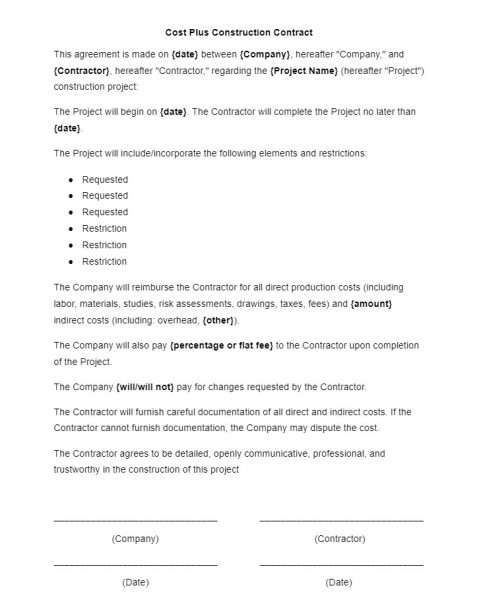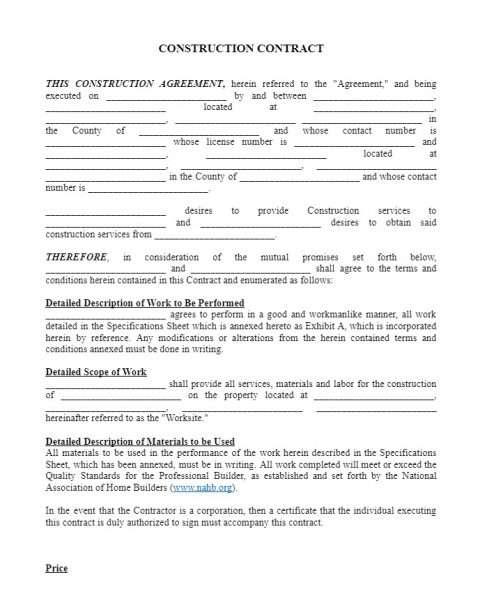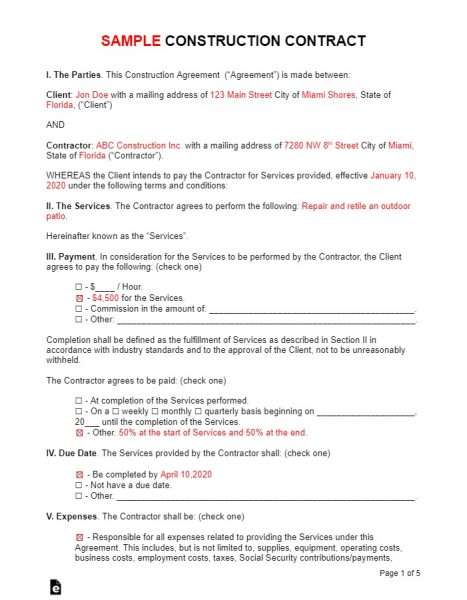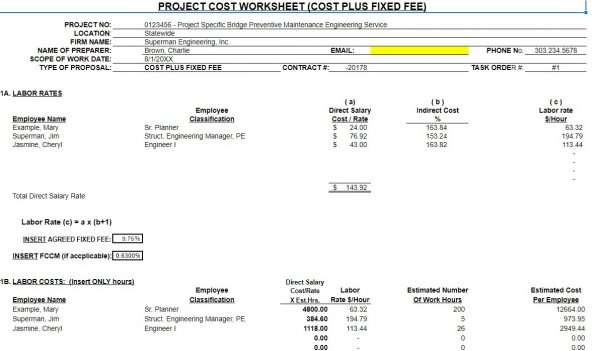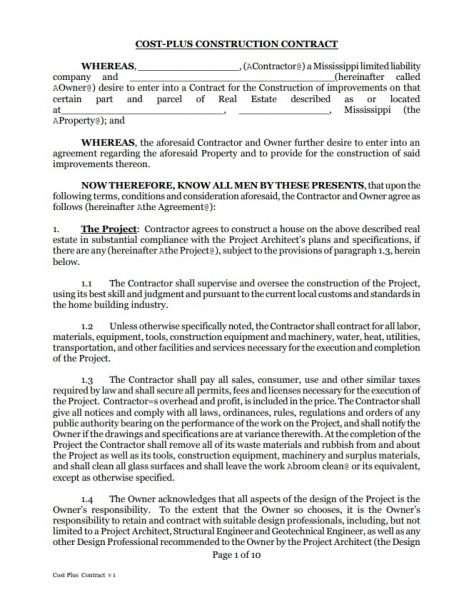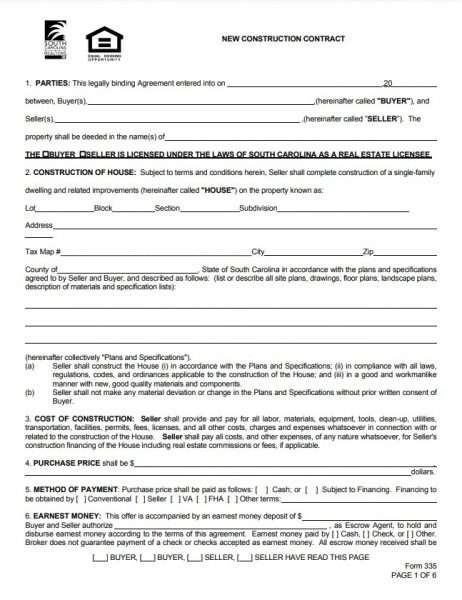A cost-plus contract template is a type of contract where the contractor is paid for their actual costs, plus an additional fee. This additional fee is known as the profit margin, and it is used to cover the contractor’s overhead and profit. The advantage of a cost-plus contract is that it provides certainty for the contractor, as they know they will be paid a fixed price regardless of how much the project costs. The downside is that it can incentivize the contractor to increase costs in order to make more profit.
A plus contract is a type of agreement between a contractor and a client in which the contractor agrees to complete all aspects of the project, including any additional work that may be required, for a fixed price.
While plus contracts can be beneficial for both the client and the contractor, there are also some risks associated with this type of agreement.
For example, if the scope of the project changes or the project takes longer than expected to complete, the contractor may lose money.
As with any type of contract, it is important to carefully review the terms and conditions of a plus contract before agreeing to it. If you have any questions or concerns, be sure to raise them with the contractor before signing the agreement.
Cost-plus contracts are commonly used in construction and engineering projects, as well as in research and development projects. They are often used when the scope of work is uncertain or when the client wishes to have more control over the project costs.
What Is Included In the Cost Plus Contract?
A cost-plus contract typically contains the following elements:
- A detailed description of the work to be performed
- The direct costs that the buyer agrees to pay for
- The fee that the buyer will pay to the seller in addition to the direct costs
- A clause specifying that the seller will not be liable for any indirect costs incurred
- A clause specifying that the contract can be terminated by either party at any time
- A clause specifying that the seller will not be held responsible for any delays in the project
When choosing a construction contractor, for example, it is important to understand the type of contract they are working under. If you are considering a cost-plus contract, be sure to ask questions about the contractor’s fee and profit margin.
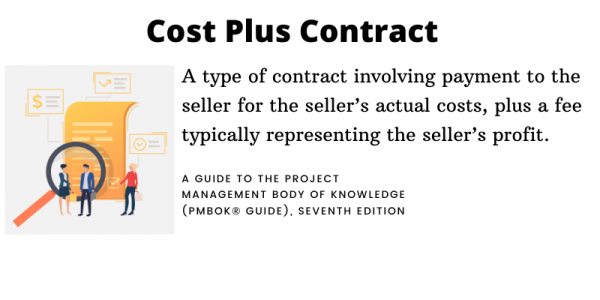
Types Of Cost-Plus Contracts
There are generally three different types of cost-plus contracts: Each type of contract has its own benefits and drawbacks, so it’s important to choose the right one for your project.
Cost plus fixed fee (CPFF)
CPFF contracts are often used for projects with a lot of unknowns, as they provide a fixed fee for the contractor regardless of cost overruns.
Cost plus incentive fee (CPIF)
CPIF contracts, on the other hand, incentivize the contractor to keep costs low, as they will receive a higher fee if they come in under budget.
Cost plus reward fee (CPAF)
CPAF contracts are somewhere in between, providing a base fee plus an award for meeting certain milestones.
No matter which type of cost-plus contract you choose, it’s important to carefully negotiate the terms with your contractor.
Cost-Plus Contract Template Google Docs
Examples Of Cost-Plus Contracts IT
This type of contract is often used in construction, IT, and other industries where the final cost of a project is difficult to estimate.
For example in IT: For example, let’s say a company needs to hire an IT contractor to provide support for a new software application.
The company may not be sure how much work will be required, so they agree to a cost-plus contract. The service provider will bill the company for the direct costs of their work (such as employee salaries, benefits, and office expenses) plus a set profit margin. This allows the company to avoid any cost overruns, but it also means they may not get the best value for their money.
Other industries when to use this type of contract: Another example of a cost-plus contract can be in healthcare. This is for home health services. Home health services are often not covered by Medicare or Medicaid, so patients who need these services must pay out of pocket. In a cost-plus contract, the home health agency would be reimbursed for their costs, plus a set fee per patient. These contracts can be beneficial for both providers and patients.
Providers are guaranteed to be reimbursed for their costs, plus they can earn additional revenue from the set fee and Patients can be assured that they will receive the necessary home health services required. In a nutshell: Cost-plus contracts can be beneficial for both the contractor and the client. For the contractor, they provide a certain degree of financial security and predictability.
Cost-Plus Contract PDF
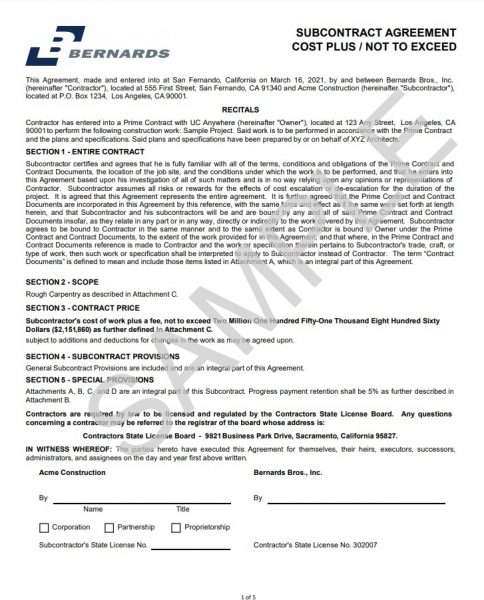
Construction Cost-Plus Contract PDF
In cost-plus contract construction, a company agrees to bill the client for its actual costs plus a fixed fee or percentage. The company also agrees to provide the client with itemized invoices for all costs incurred. This type of contract gives the construction company some flexibility in how it prices its services, but it also puts the company at risk of incurring higher-than-expected costs.
Pros and Cons Of Cost plus
There is no single answer to the question of whether or not cost-plus contracts are a good idea in project management. This type of contract can be risky, but it can also offer some advantages.
Here, we will explore both the pros and cons of cost-plus contracts so that you can make an informed decision about whether or not this type of contract is right for your project.
| Pros | Cons |
|---|---|
| The advantage of this model is that it gives the organization more flexibility in pricing. | The disadvantage is that it can be more difficult to estimate costs and the organization may end up making less profit if the project costs are higher than expected. |
| This type of contract allows for changes to be made to the scope of the project without having to renegotiate the entire contract. This can be a useful tool if unexpected problems arise during the course of the project. | However, cost-plus contracts can also be risky. Because the contractor is paid based on the cost of the project, there is an incentive for the contractor to inflate the cost of the project. |
Cost Plus vs Fixed-Price Contract
In project management, there are two main pricing models that organizations use to charge for their products or services: cost plus and fixed price.
Both models have their advantages and disadvantages, so it’s important to understand the difference between the two before deciding which one is right for your project.
| Cost Plus | Fixed Price |
|---|---|
| Cost plus pricing means that the company will be reimbursed for its actual costs plus a fee. | Fixed price pricing means that the company will be paid a set amount regardless of its actual costs. |
| Cost plus pricing can be more flexible, but it can also lead to cost overruns | Fixed price pricing is riskier for the company, but it can also lead to cost savings. |
| Cost plus pricing is a pricing model where the organization charges a customer based on the actual costs incurred plus a markup. This model is often used when the organization is not sure of the exact costs that will be incurred in the project. | Fixed price pricing is a pricing model where the organization charges a customer a set price for the project, |
Ultimately, the best pricing structure for a project will depend on the specific project and the company’s goals.
Cost Plus Contract FAQs
What is a Cost Plus Contract?
In project management, a cost-plus contract is an agreement between a client and a contractor that stipulates that the contractor will be reimbursed for all project costs, plus an additional fee. This fee is typically a percentage of the project costs and is used to cover the contractor’s overhead expenses and profit.
What are the advantages and disadvantages of a Cost Plus Contract?
On the plus side, the contractor bears less risk and can often get the project completed for less money than if they had a fixed-price contract. On the downside, the contractor may have less incentive to control costs, and the client may end up paying more than they would have under a fixed-price arrangement.
What are some disadvantages of a cost Plus Contract?
First, it can incentivize the seller to incur more costs in order to increase their fee. Second, the buyer may feel like they are paying too much for the project if the final cost is higher than expected.
What are the general terms in a Cost Plus Contract?
In a cost plus contract, the client agrees to pay all of the contractor’s allowable costs, plus a fee. The fee is generally a percentage of the total cost. The contractor agrees to perform the work for the agreed-upon price.

